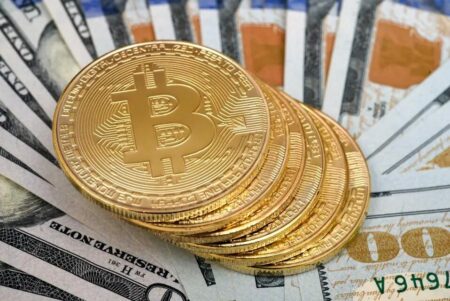Amid a shifting landscape in the cryptocurrency market, an analyst has given DTX a strong buy rating, suggesting it could…
Noteworthy News
NFT Evening has covered some of the most important tech events in history. From NFT news, to metaverse, blockchain gaming, AI, and digital fashion, you can find the all of the most important news stories here.
Want something more in-depth? Check out our guide on What an NFT is!
Need some context? Brush up on your jargon with our guide on NFT Terminology.
The recent surge in Bitcoin, surpassing $65,000, has reignited interest in crypto presales, notably with DTX and WienerAI gaining traction.…
Imagine building wealth in your spare time, much like the Bitcoin enthusiast who founded Coinbase and rose to the top…
In 2024, the NFT market has exploded with innovation, propelling projects that not only redefine artistry and ownership in the…
The Polkadot price has faced significant volatility, recently dropping by over 35%. Concurrently, Shiba Inu has experienced a mild Shiba…
Leading asset management firms like BlackRock and Fidelity have strategically moved into the tokenized ETFs market, taking advantage of the…
Amid a market where Solana transaction volume has dramatically dropped, the focus shifts to Ethereum’s resilience, which sparks Ethereum ATH…
In a turbulent DeFi market where uncertainty looms large, there are always shining stars that defy the odds. DTX Exchange (DTX) and ONDO…
On April 20, Bitcoin experienced an unprecedented surge in block fees, reaching a staggering average of $128. This surge coincided…
According to the most recent report, NFT revenues dropped from the prior week—by 25.48%. Four of the top five blockchain…
The Shiba Inu price sees a strategic uptick from whale activities, and Polkadot experiences bearish pressures, BlockDAG distinguishes itself among…
In the fluctuating world of cryptocurrency, BlockDAG is emerging as a strong candidate for the most promising long-term crypto investment by blending…












